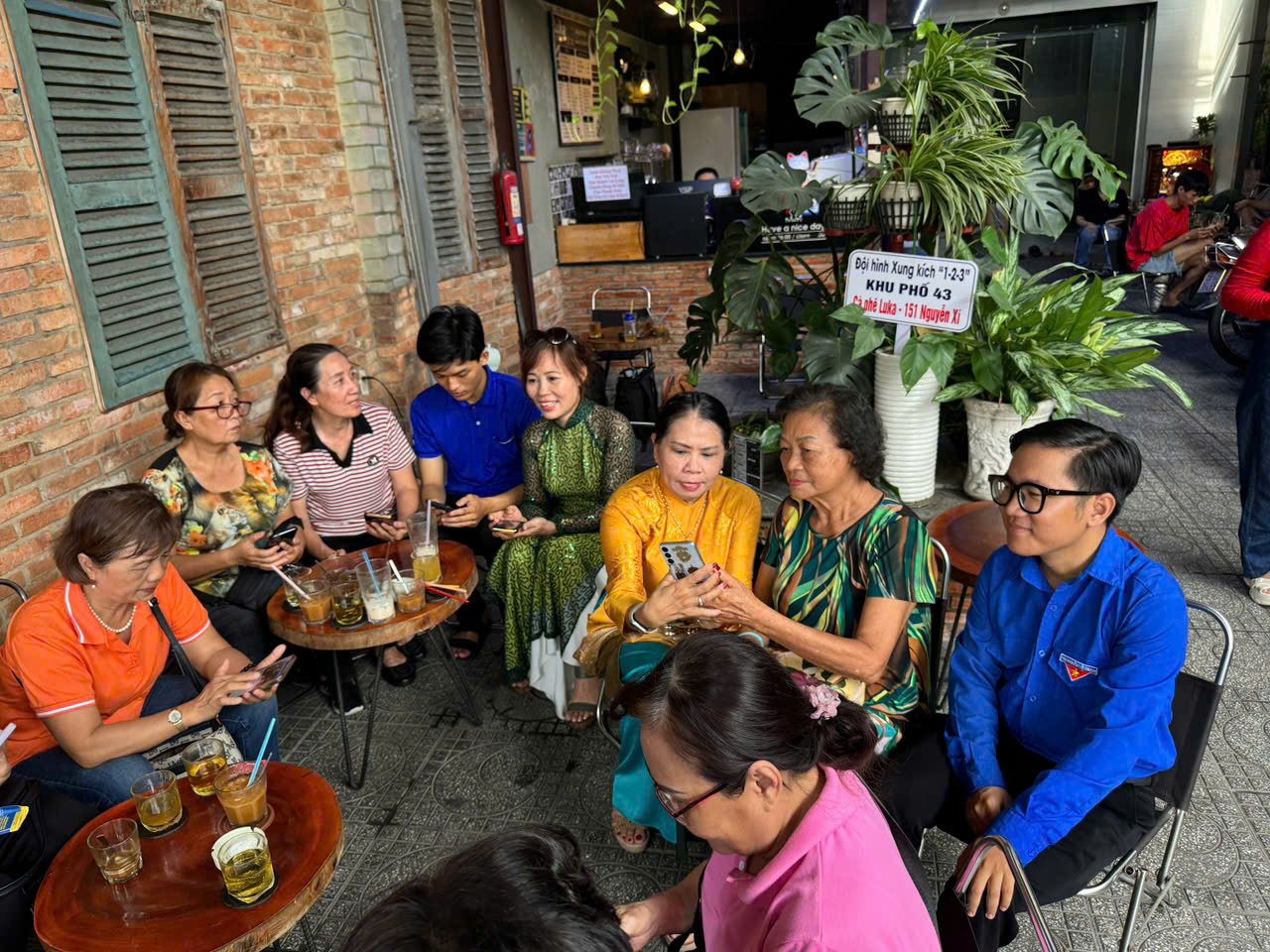
From the popular digital classes
According to the Vietnam Fatherland Front Committee of Ho Chi Minh City, the "Digital Literacy for All" movement was initiated with the same spirit as the literacy classes more than half a century ago, but instead of learning to read and write, people now learn how to operate on the phone, declare electronic records, use identification codes, e-wallets or VNeID applications... The goal is to "universalize basic digital knowledge for all people", aiming at "no one being left behind" in the national digital transformation process.
As a veteran familiar with traditional administrative procedures and paperwork, Mr. Bui Chi Ninh (Ben Thanh Ward) could not hide his excitement when he successfully submitted his administrative documents online for the first time through the "Digital Education for All" movement. "The movement has been implemented very enthusiastically, extensively and has special significance in this 4.0 era. Although I am old, I still try to learn from my children and grandchildren to keep up with digital transformation. Now I can do the paperwork and receive the results right at home without having to go to the ward," Mr. Ninh added.
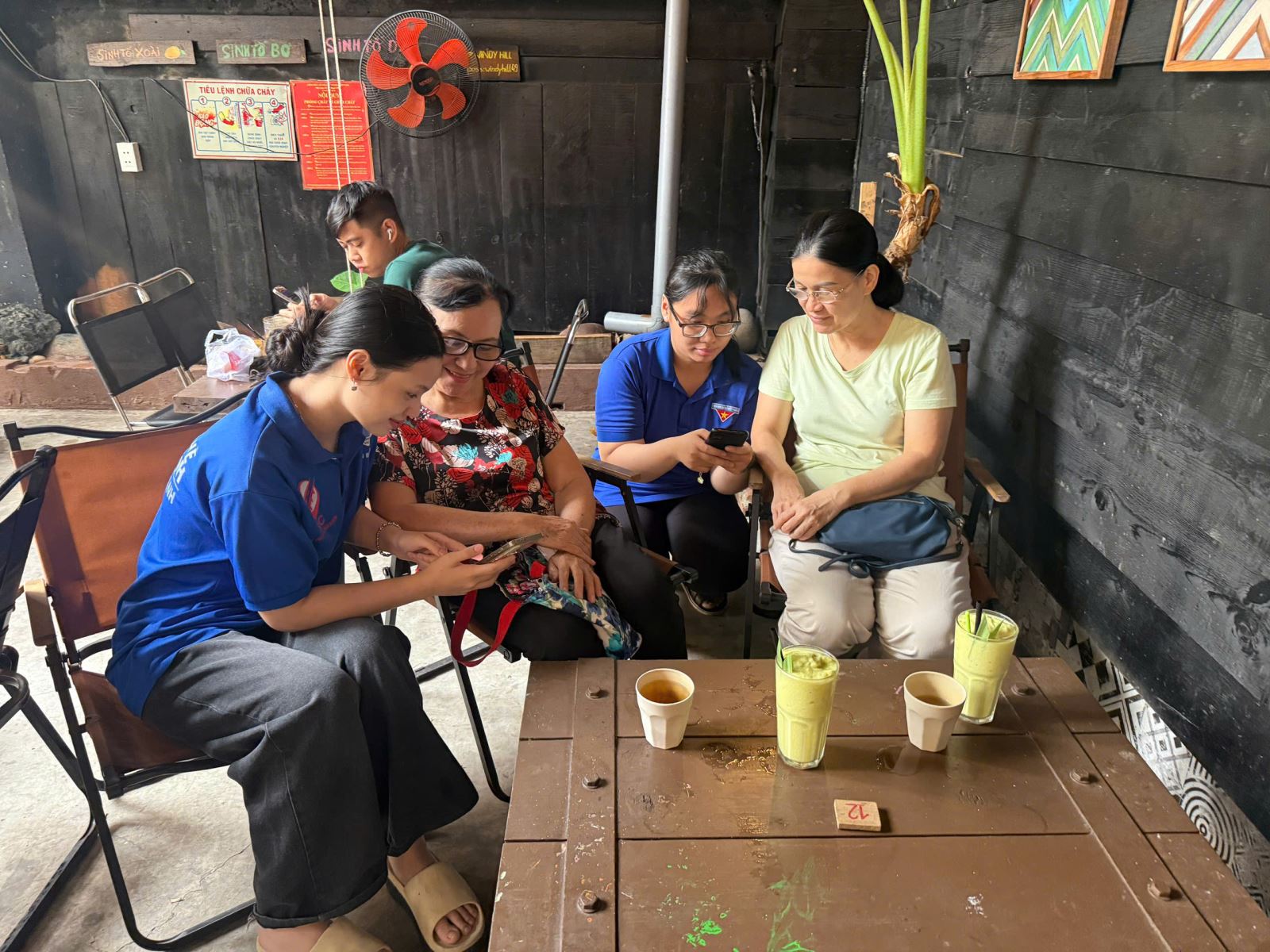
Like Mr. Ninh, Ms. Le Thi Bich Ngoc, a resident of Binh Thanh Ward, also expressed surprise when her social assistance registration procedure was quickly processed through the application "Ho Chi Minh City Digital Citizen". "I just need to enter information, send documents by phone, and receive the results a few days later. Ward officials also called to give detailed instructions, now I find administrative work more convenient than ever," Ms. Bich Ngoc said.
Currently, many wards in Ho Chi Minh City such as: Saigon, Xuan Hoa, Ben Nghe, Binh Tan, Thu Duc... have launched many digital applications to effectively implement the work of the two-level government. Specifically, in Binh Tan ward, the local government has launched 12 online document reception points in the neighborhood, supporting people in the fields of social security, household registration, sponsorship and burial expenses... In addition, the ward also established a special page "Posting administrative procedures" to publicize the process and guide online operations for people. Many training sessions on "Digital Education for the People" were organized, attracting a large number of elderly people, women's union members, and youth union members to participate in experiencing the above administrative services.
Mr. Nguyen Van Su, Chairman of Binh Tan Ward People's Committee, said that with the increasing workload at the grassroots level, promoting the application of information technology and digital transformation is an urgent requirement, especially when the two-level government model comes into operation from July 1. Therefore, the locality's expansion of the "Digital Education for All" movement not only helps people be more proactive but also helps officials have time to focus on specialized tasks.
According to Mr. Nguyen Van Su, Binh Tan ward currently has more than 160,000 people and more than 36,000 households, so popularizing digital skills from the "Digital Literacy for All" movement to each household is considered a key task in 2025. The movement is being launched from neighborhoods, residential groups, to each family - with the active participation of the Women's Union, Youth Union and socio- political organizations.
Reduce pressure and improve service quality
According to leaders of wards and communes in Ho Chi Minh City, once people can carry out administrative procedures at home, the ward and commune offices will become "lighter" with public administrative procedures. Because if in the past, dozens of people had to wait every day to submit documents or ask for instructions from officials, now most of the documents are sent and received online. Administrative officials only need to check, process and send results via the application, saving time and human resources.
According to statistics from the Ho Chi Minh City People's Committee, in the first year of implementing the "Digital Education for All" program, hundreds of thousands of people have been instructed to use digital platforms such as VNeID, VssID, e-wallets, the application "Digital Citizen of Ho Chi Minh City"... Many creative models have also been replicated such as "Digital Family", "Digital Ambassador", "Digital Market", "Morning Coffee - Universalizing Digital Skills", "Each Citizen - a Digital Identity"... contributing to the formation of a dynamic and proactive digital citizen community.
Ms. Tran Thi Dieu Thuy, Vice Chairwoman of the Ho Chi Minh City People's Committee, said that the goal of the movement is not just about numbers but about changes in the quality of life of each citizen. When everyone knows how to use online public services, it will be a big step forward in administrative reform and building e-government.
Accordingly, the City is also compiling online learning materials on artificial intelligence (AI) - part of the "Digital Literacy for All" program, to help people understand and apply AI to work, study and public services. The documents are designed to be concise, easy to understand, suitable for the elderly or people without a technology background. The goal is that by 2026, 100% of adults in Ho Chi Minh City will have basic knowledge of digital transformation, be proficient in using smart devices and be confirmed to have achieved universal digital knowledge on the VNeID platform.
Promoting the role of the community, Mr. Pham Minh Tuan, Vice Chairman of the Vietnam Fatherland Front Committee of Ho Chi Minh City, said that the Front and its member organizations are building volunteer teams for "Digital Education for the People". This will be the core force, directly going to each neighborhood and residential group to guide people in performing administrative procedures right at home. The ultimate goal is to hope that the movement will spread strongly, making learning and using technology a daily habit of the people.
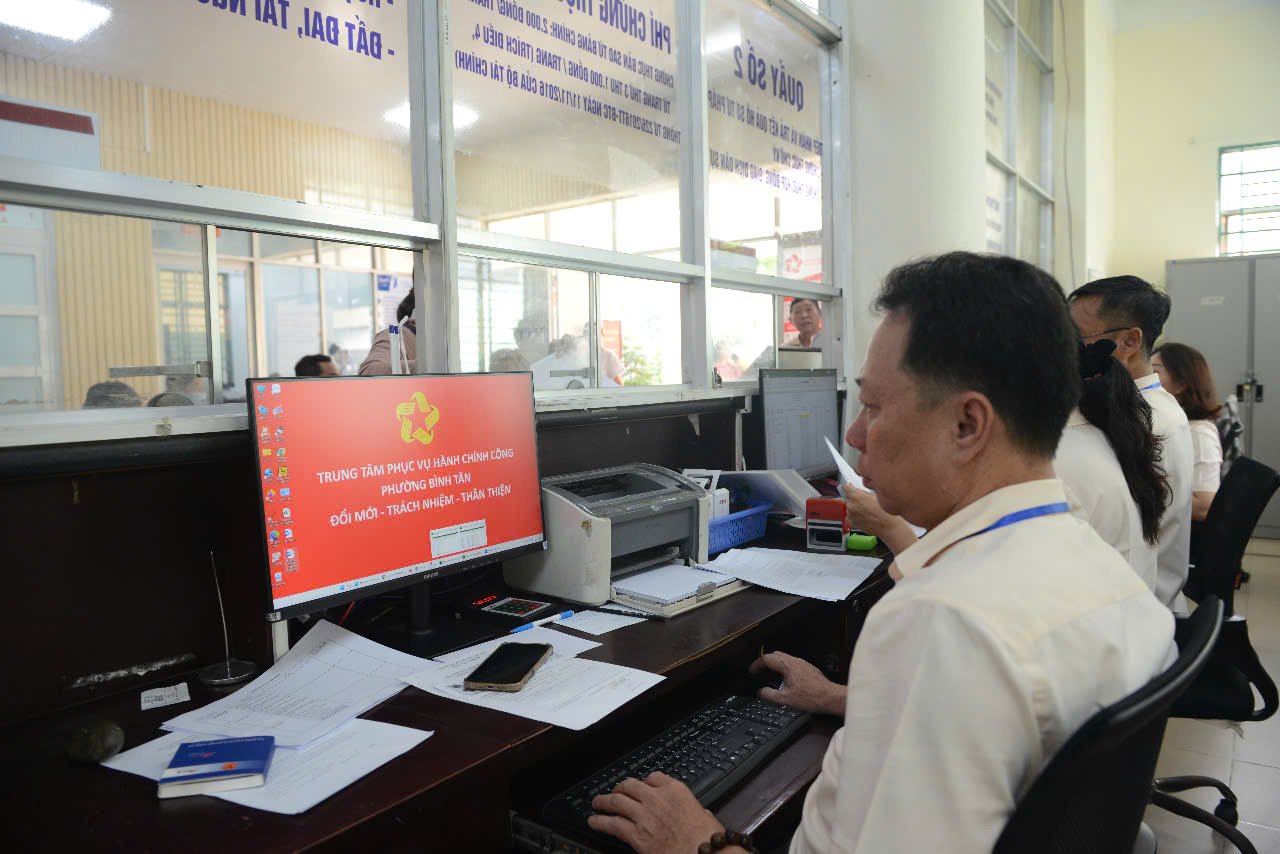
According to Mr. Pham Minh Tuan, after a period of launching, the movement quickly spread into a digital skills learning competition campaign. Digital learning points were set up in cultural houses, neighborhoods, and even coffee shops. There, young cadres and youth union members became teachers to guide the elderly on how to submit online applications, scan QR codes, or track the progress of document processing. This transformation not only reduces work pressure for administrative staff but also increases transparency and publicity in document processing. Each operation is tracked on the system, and people can monitor and evaluate the quality of service. The two-level government is in the process of perfecting its operating mechanism, thereby becoming more flexible, closer to the people, and more modern.
"The 'Digital Literacy for All' movement is not only a movement to learn technology skills but also a strategy to socialize digital transformation, putting people at the center of the administrative reform process. This is a strong political determination of Ho Chi Minh City, demonstrating the vision in implementing Resolution No. 57-NQ/TW of the Politburo on the development of Ho Chi Minh City in the new period. In particular, with the spirit of "A city of affection - dynamism - creativity - pioneering with the whole country", this movement is breathing new life into the administrative reform process in Ho Chi Minh City in particular and Vietnam in general", said Mr. Pham Minh Tuan.
Source: https://baotintuc.vn/phong-su-dieu-tra/van-hanh-chinh-quyen-dia-phuong-hai-cap-bai-cuoi-hanh-chinh-nha-nuoc-cham-toi-tung-nha-20251023223801981.htm



![[Photo] Prime Minister Pham Minh Chinh receives the delegation of the Semiconductor Manufacturing International (SEMI)](https://vphoto.vietnam.vn/thumb/1200x675/vietnam/resource/IMAGE/2025/11/06/1762434628831_dsc-0219-jpg.webp)


![[Photo] Closing of the 14th Conference of the 13th Party Central Committee](https://vphoto.vietnam.vn/thumb/1200x675/vietnam/resource/IMAGE/2025/11/06/1762404919012_a1-bnd-5975-5183-jpg.webp)

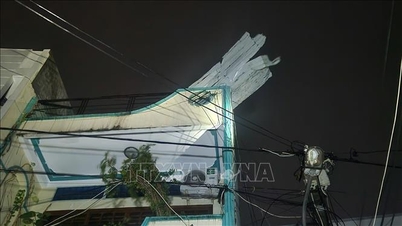
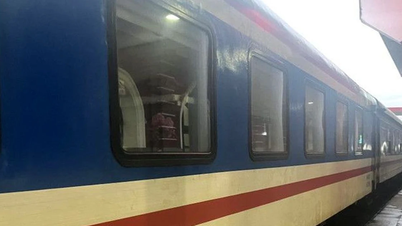

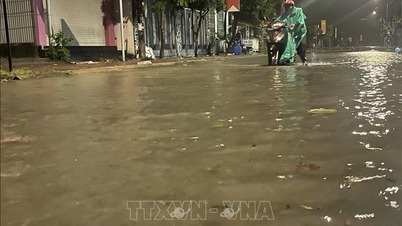









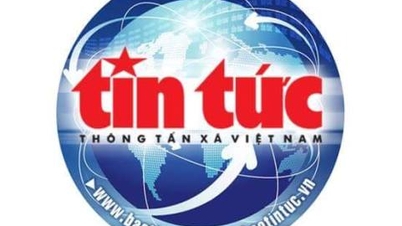
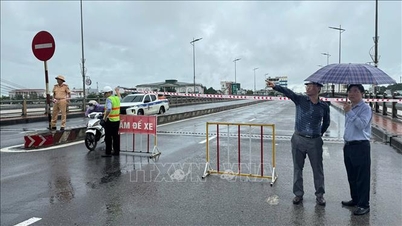
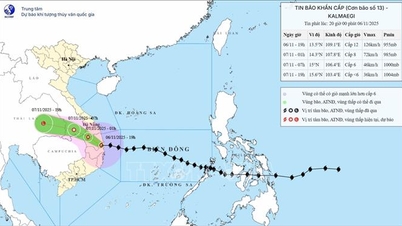
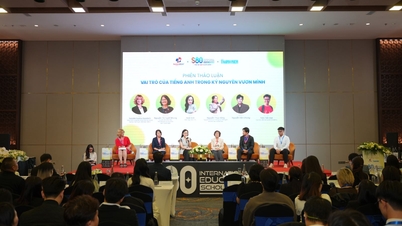
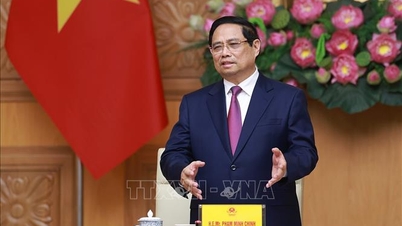






































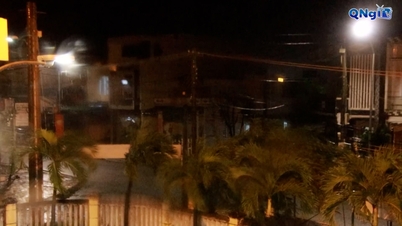









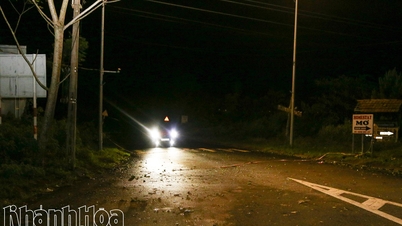

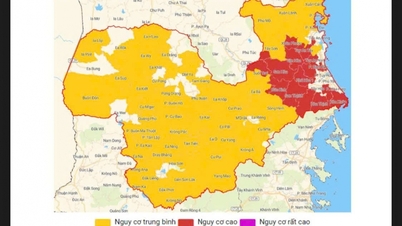

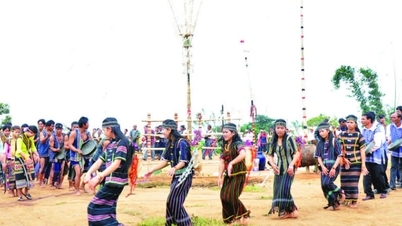

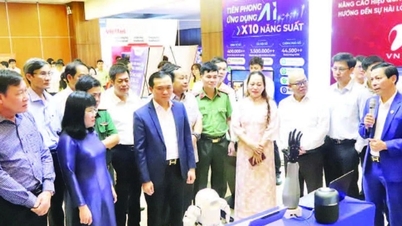

















Comment (0)